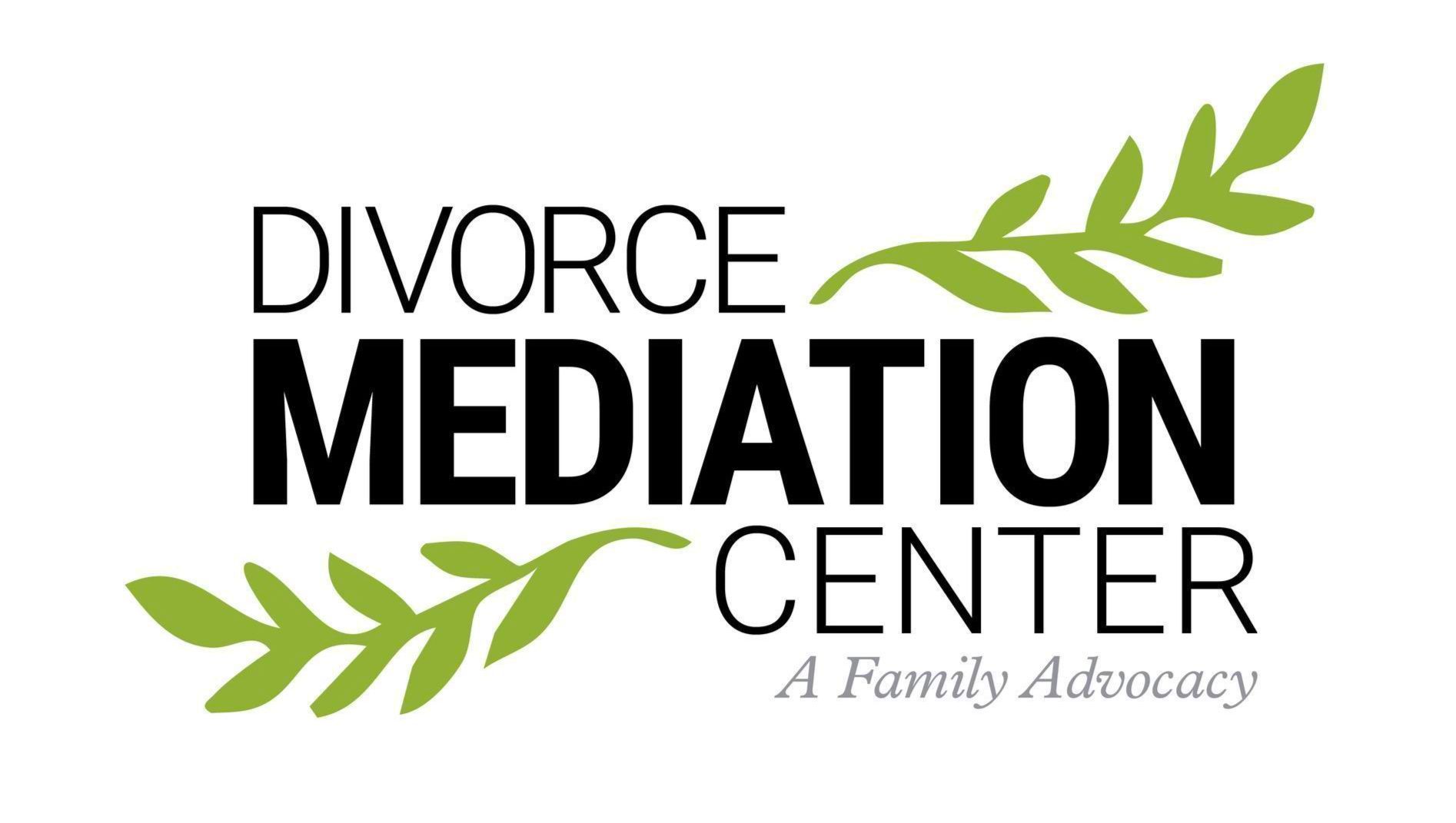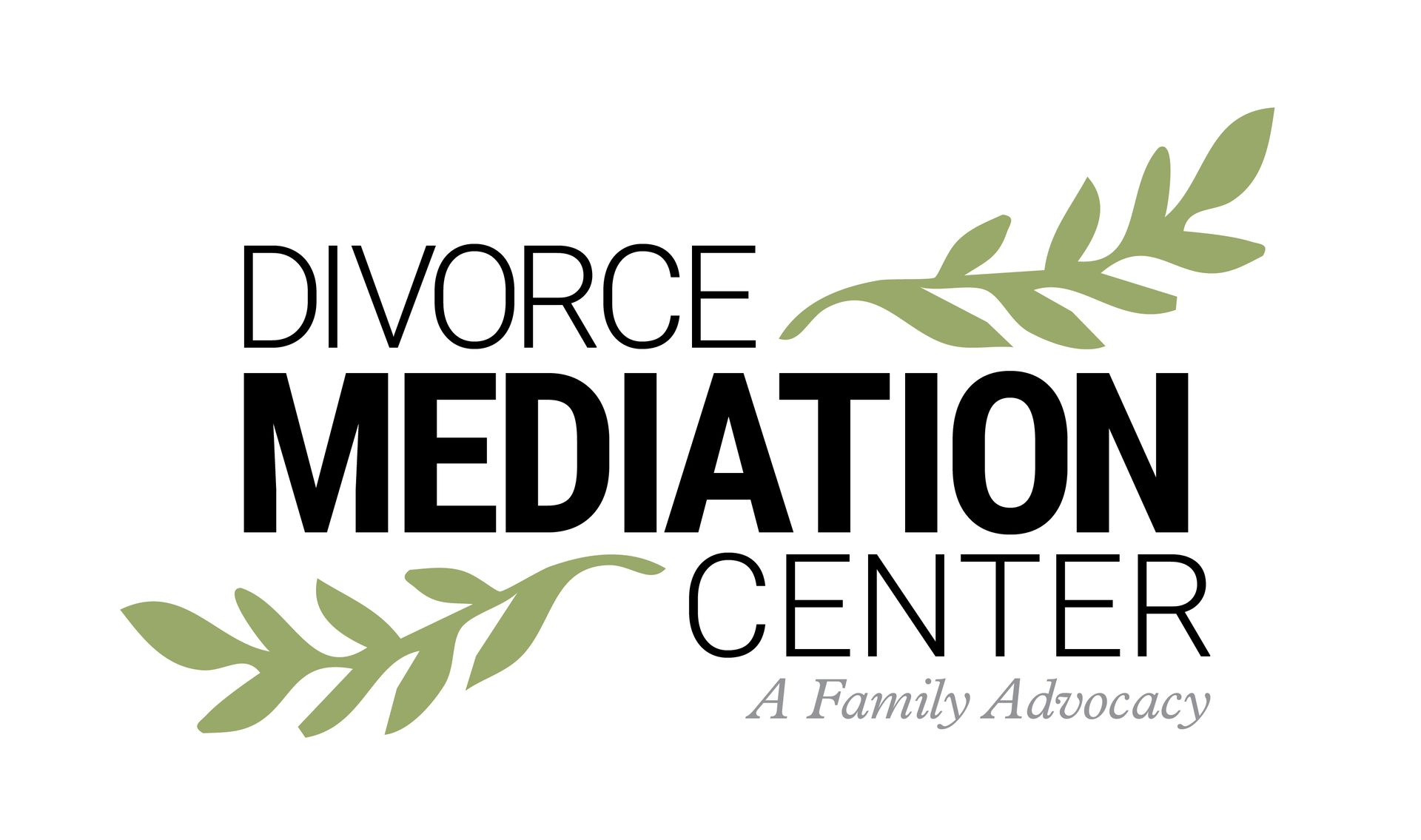Ideas for Divorce Financial Settlements-Part 2
Over the next few weeks, we will be posting tips for divorce financial settlements. Attorneys are licensed to advise and practice the laws in the state in which they reside and hold licensure in. Attorneys are not licensed to give financial investment or portfolio advice.
reside and hold licensure in. Attorneys are not licensed to give financial investment or portfolio advice.
Before one enters into financial negotiations or mediation for a financial divorce settlement it is wise to seek the advice of a CPA (Certified Public Accountant) and/or Tax Advisor regarding the particular details of their family situation and potential financial/tax implications of what they are considering for final settlement terms. Budgeting for recommendations from a licensed financial professional is a far better investment in family funds to be prepared to make permanent financial decisions in a negotiation or mediation. A CPA, Tax Attorney prepared the following points of discussion included in our Transitions Divorce® Prep Workbook :
Some possible creative ways to distribute assets in a divorce that can be mutually beneficial to both parties are outlined below but contact your CPA to confirm the tax benefits in your own personal situation . Also, remember to make sure your Divorce Decree clearly outlines any implemented strategy.
Legal fees (i.e., divorce attorney fees) are tax deductible against alimony received (have the legal fee bill itemize this) – have the one receiving the alimony pay the legal fees; share the resulting tax savings.
If you:
- Received alimony payments (child support payments are not applicable to this deduction)
- Personally paid a Divorce Attorney
there is a good probability you are due a tax refund/deduction (if you have not already received one). If the deduction outlined below was missed, it may well be worth going back and re-filing a previous year tax return to capture the tax deduction.
As an example of how this is implemented is:
- your “work” income was $35,000/year
- you received $24,000/year in alimony payments
- the Divorce Attorney bill that you (the alimony receiver) paid was $22,000 Presume $1,000 of the $22,000 was to file the actual divorce papers and thus $21,000 was paid by you to a Divorce Attorney to secure alimony
- Here is a rough outline of your potential tax savings/refund (of course your actual numbers will be different so seek professional guidance in your state):
Total income = $59,000 (i.e., $35,000 + $24,000 = $59,000)
Adjusted Gross Income (AGI) = $50,000 ( presumes $9,000 in exemptions/deductions to get to AGI)
Schedule “A” standard deduction of 2% = $1,000 (i.e., 2% of $50,000 = $1,000)
Presume 25% Federal tax and 6% State tax
Your savings/refund = ($21,000 – $1,000 ) X (25% + 6%) = $6,200
The following excerpts are taken from www.lawyers.com.
General Rules
The general rule is simple enough: You can deduct attorney’s fees you pay for:
- Trying to produce or collect taxable income (alimony is taxable income) , or
- To help in determining, collecting or getting a refund of any tax . In simple terms, you can take a deduction if you need an attorneys help to make money (alimony) that you have to pay taxes on.
Is There a Deduction?
There are all kinds of situations that qualify for the tax deduction, such as fees you may pay for:
Tax advice you may get during a divorce case, such as how you and your ex-spouse will take deductions for home mortgage interest or child care, or whether alimony is tax deductible by the payor spouse or taxable income to the recipient spouse
Trying to get your ex-spouse to pay past-due alimony.
What IRS Tax Form To Use
Generally, you deduct attorney’s fees as an itemized miscellaneous deduction on Schedule A of your Form 1040 tax return. You may not be able to deduct all of your fees, though. Miscellaneous deductions are limited by the two percent rule : You can deduct only the amount of your miscellaneous deductions that’s more than two percent of your adjusted gross income (AGI) – the amount you entered on line 38 of your 1040.
More financial settlement advice and tips in Transitions Divorce® Prep Workbook
Disclosure of Material Connection : I have not received any compensation for writing this post. I am disclosing this in accordance with the Federal Trade Commission’s 16 CFR. Part 255: “Guides Concerning the Use of Endorsements and Testimonials in Advertising.”
Disclaimer: This is my personal blog. The opinions I express here do not necessarily represent those of my organization, Transitions Resource, LLC. The information I provide is on an as-is basis. I make no representations as to accuracy, completeness, suitability, or validity of any information on this blog and will not be liable for any errors, omissions, or delays in this information or any losses, injuries, or damages arising from its use.
The post Ideas for Divorce Financial Settlements-Part 2 of 4 first appeared on Divorce Mediation Center.




